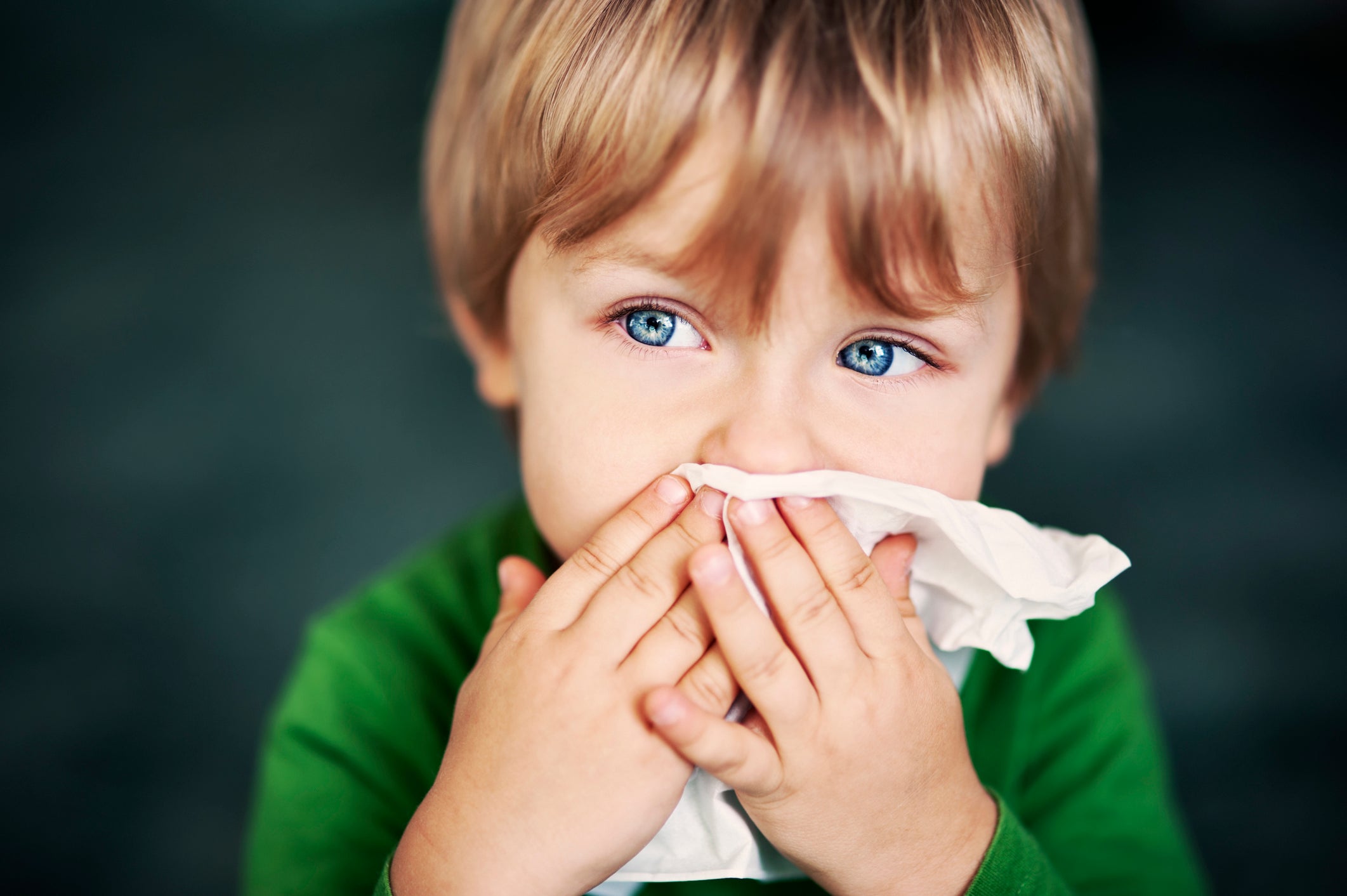
On October 25, 2017, the New Mexico Department of Health officially announced the start of influenza (flu) season in our state. Enhanced flu precautions begin when there are high numbers influenza cases in our community, or when illness from the flu is severe. These precautions are to support the health and wellness of our patients, their families and our communities.
Around 20 percent of all Americans get ill with the flu each year. Some years, this number may be higher. Most people who get the flu recover completely in one to two weeks, but some people develop serious and potentially life-threatening medical complications, such as pneumonia. If you, or your loved ones, are at higher than normal risk for complications, please seek medical attention promptly and be evaluated for the potential use of antiviral and supportive care.
To prevent spreading the flu, the CDC recommends:
· Handwashing well and often with soap and water,
· Covering nose and mouth when you sneeze or cough
o Use a cloth, tissue or the inside of your elbow to cover
· Getting your annual flu vaccination.
The Department of Health recommends that everyone six months of age and older get the flu vaccine each flu season. Some people are at high risk of having serious flu-related complications, or they are around people at high risk for developing flu-related complications. People in these groups should also consider seeing their health care provider as early as possible to be evaluated for antiviral medication if they develop flu symptoms. The sooner these medications begin, the better the chance of preventing serious complications. People at a higher risk of developing flu-related complications include:
· Children younger than five, but especially children younger than two years old
· Pregnant women (all trimesters), and up to two weeks postpartum
· People ages 65 years and older
· People of any age with medical conditions like asthma, diabetes, lung or heart disease, and those who are immunocompromised
· People who live in nursing homes and other long-term care facilities
· People who live with or care for those at high risk for complications from flu, including health care personnel and caregivers of babies younger than six months
· American Indians and Alaskan Natives
· People who are morbidly obese
Jessica Reeb, Infection Control Practitioner at Lovelace Women’s Hospital shared, “Influenza vaccination is recommended for all health care workers starting in October. By getting a flu vaccine or wearing a mask during respiratory season (for those that are unable to get the vaccine), we prevent the spread of influenza and provide a safe environment for Lovelace Women’s Hospital patients and their family members during the flu season.” Lovelace Health System follows CDC-recommended precautions for health care facilities:
· Enhanced flu precautions are to be in place in all patient care areas
o Patient care areas include all areas in the hospital that care for patients including nursing stations.
o Lobbies, cafeterias and waiting rooms are NOT considered patient care areas.
· Health care workers who are unvaccinated, or who are in the first two weeks after vaccination, are to wear a mask when in patient care areas.
To schedule a flu shot at one of our Primary Care or OB/GYN clinic locations, please call 505-727-2727.
Submitted by: Kym Halliday Clear RN, BSN Lovelace Women’s Hospital, Manager Outpatient Programs.




